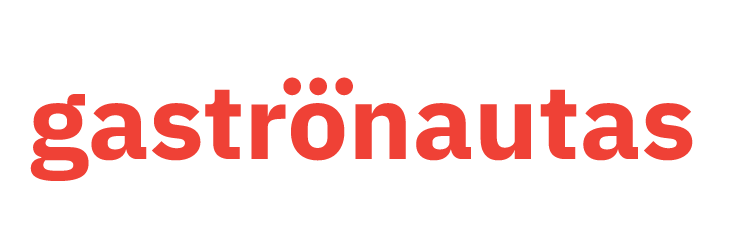Cafezinho?
An iconic combo: “Um café e um pastel de nata, se faz favor”. Photo by Filipe Gill
Coffee is a universal beverage. But…
The fact is that we, the Portuguese, should know a good deal about coffee, considering we were the first Europeans in South America, Africa, and Asia.
And yet the better-known ‘coffee culture in the World is Italian. Thanks to ‘the latte’, the ‘cappuccino’ the expresso machine, and… Starbucks.
Still, we have very a knowledgeable, yet underrated, coffee-roasting industry. Companies like Nicola, Sical, and especially Delta Café source, roast and distribute most of the coffee consumed in Portugal. The Founder of Delta, Comendador Rui Nabeiro, is a living legend and remarkable entrepreneur.
One of the aspects our foreign friends find very interesting and somewhat confusing is the amount of words and expressions used around the coffee-drinking rituals. Here is a small guide to help you navigate the complex yet fascinating names and possibilities:
Bica Expresso in Lisbon and the South
Cimbalino Expresso in the North, especially in Porto;
Café Curto: Short and concentrated;
Italiana: Very short, like the Italians take it;
Café Cheio: A full cup;
Sem Princípio: Without the very first drops where the caffeine is concentrated;
Em Chávena Escaldada: Scalded cup to keep the coffee hot longer;
Carioca: watered down, weak version;
Abatanado: An expresso served in a larger cup (the same as the ‘meia-de-leite’). A watered-down version of the expresso;
Pingado: with a drop of milk foam;
Garoto: Like the Pingado, but with more milk;
Meia-de-leite: Portuguese version of a ‘latte’:
Galão: A tall glass with hot milk and a full expresso. A ‘latte’ in a glass.
Suggested music: Saudade, MARO

